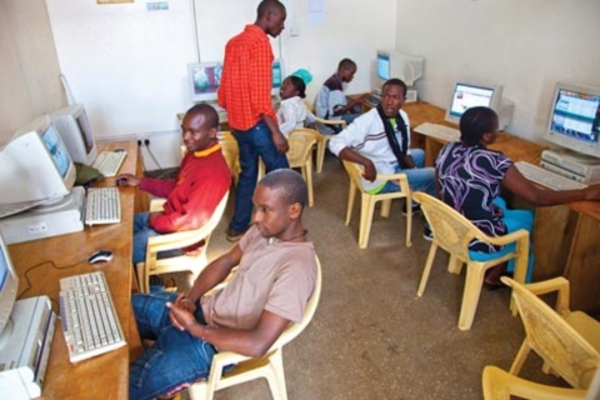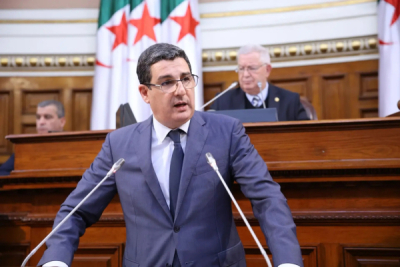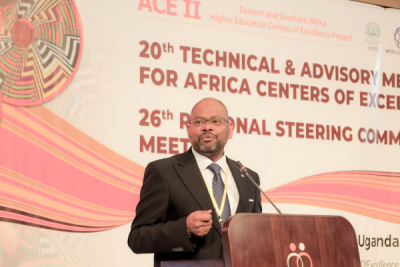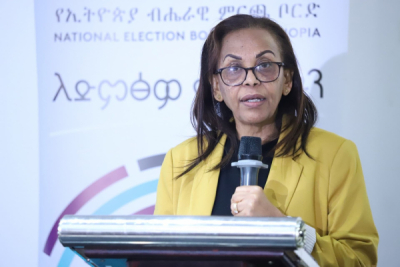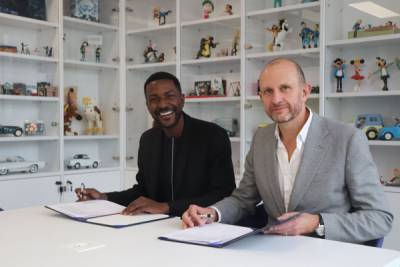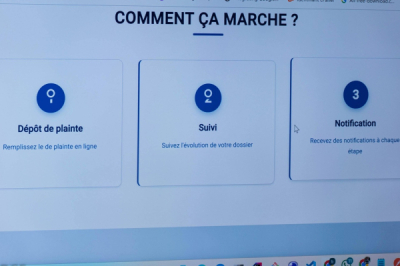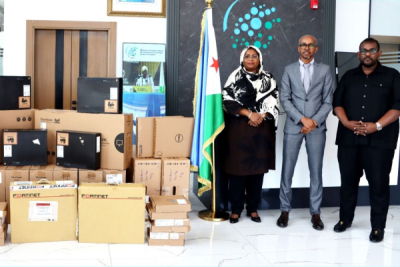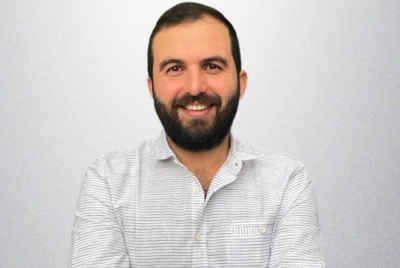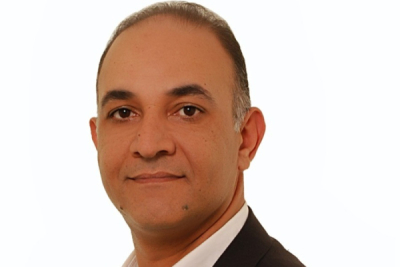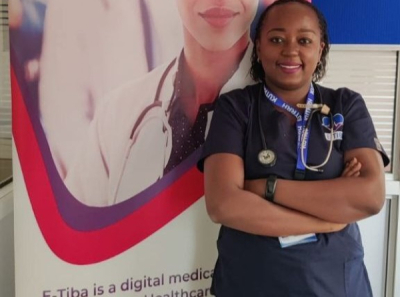Affordable internet access is one of the top priorities of the United Nations' Sustainable Development Goals (SDGs). Despite efforts by organizations and governments across Africa, the high cost of internet remains a significant barrier to widespread use.
Africa remains the continent with the highest fixed internet costs in the world, according to the International Telecommunication Union (ITU). On the continent, users pay five times more than the global average for 5 gigabits (5 GB) of data. Globally, the price of broadband internet services averages 2.9% of monthly gross national income (GNI) per capita, while in Africa, it stands at a staggering 14.8%. The Broadband Commission, a specialized ITU body, considers internet costs affordable if they are equal to or below 2% of GNI.
In its June 2024 report, "The State of Broadband 2024: Leveraging AI for Universal Connectivity," the Broadband Commission attributes Africa's high internet costs to low purchasing power. "The lack of financial means remains a major barrier to internet access, especially in low-income economies. A significant gap persists between high-income economies and the rest of the world," the report states.
Beyond the issue of low purchasing power, the high cost of internet in Africa is also due to insufficient telecom infrastructure, which forces some markets to charge high prices to recoup investments. "Fixed broadband networks are very expensive to deploy, maintain, and upgrade, depending on the geography and extent of the territory to be covered," the ITU explains.
The Broadband Commission's October 2019 report, "Connecting Africa Through Broadband: A strategy for doubling connectivity by 2021 and reaching universal access by 2030," estimated that approximately $100 billion is needed to fully cover the continent with internet by 2030. Africa's reliance on foreign cables, with high international transit costs, remains a challenge for accessible fixed broadband on the continent.
This situation negatively impacts small and medium-sized enterprises (SMEs) in Africa, as the internet is essential in the digital transformation era. According to a survey by the International Finance Corporation and the World Bank, internet use for business purposes among 3,325 microenterprises in seven African countries averaged 7%, ranging from 24% in South Africa to 1% in Rwanda.
The Broadband Commission's primary goal is to make broadband affordable in developing countries by 2025. While achieving this goal in Africa next year remains uncertain, the commission notes that "ICT services tracked by the ITU have become more affordable in 2023 than ever before."
In 2022, the cost of fixed internet in Africa was 16.3% of monthly GNI per capita, down from 18.3% in 2021 and nearly 483% in 2009. Despite these improvements, much work remains to make internet access truly affordable and widespread across the continent.
Adoni Conrad Quenum


